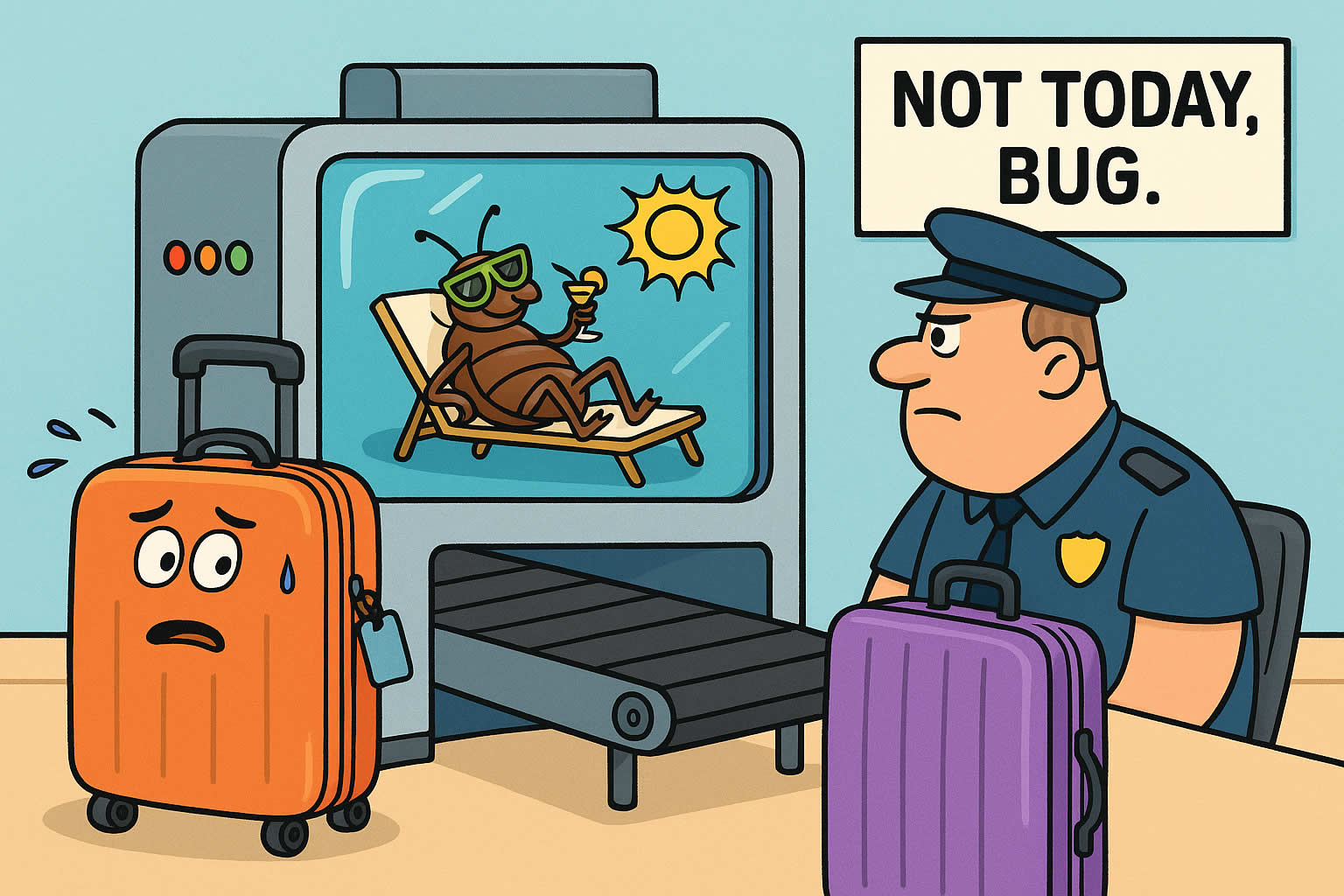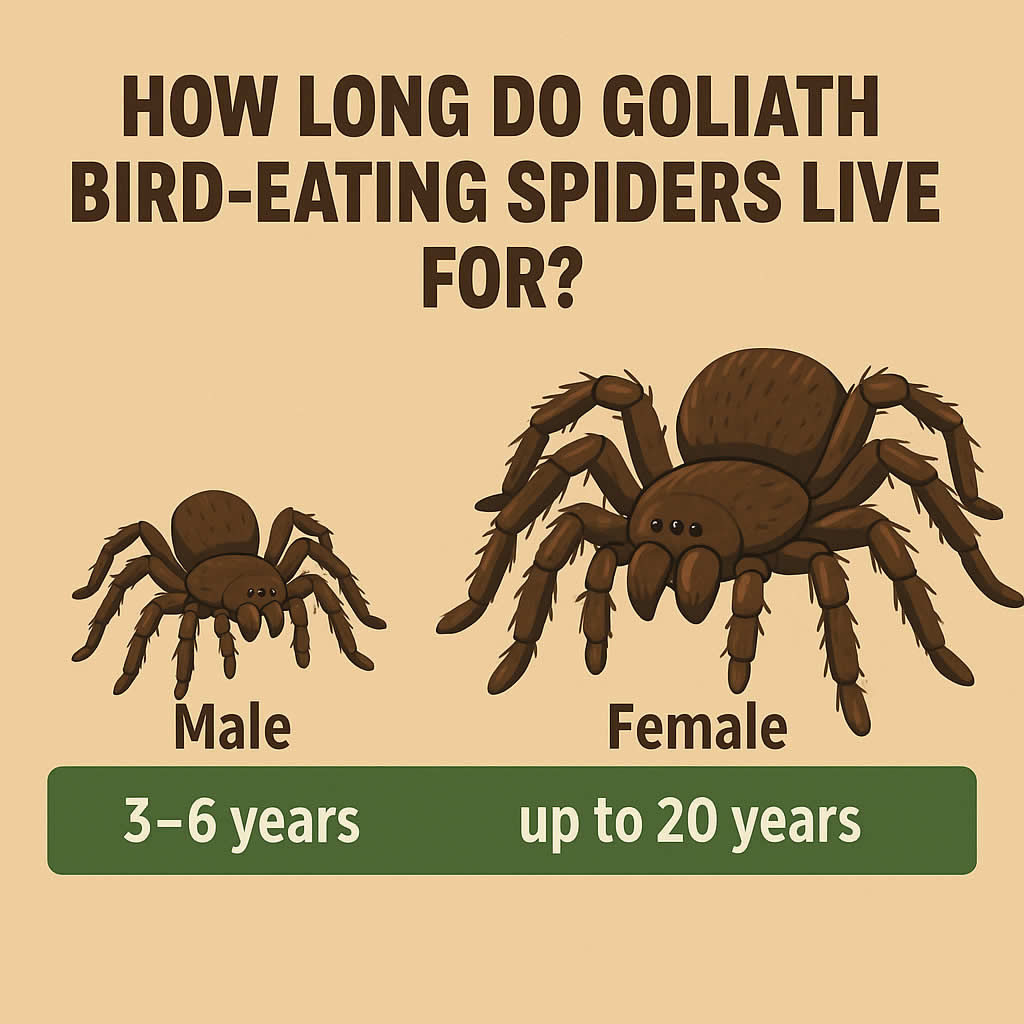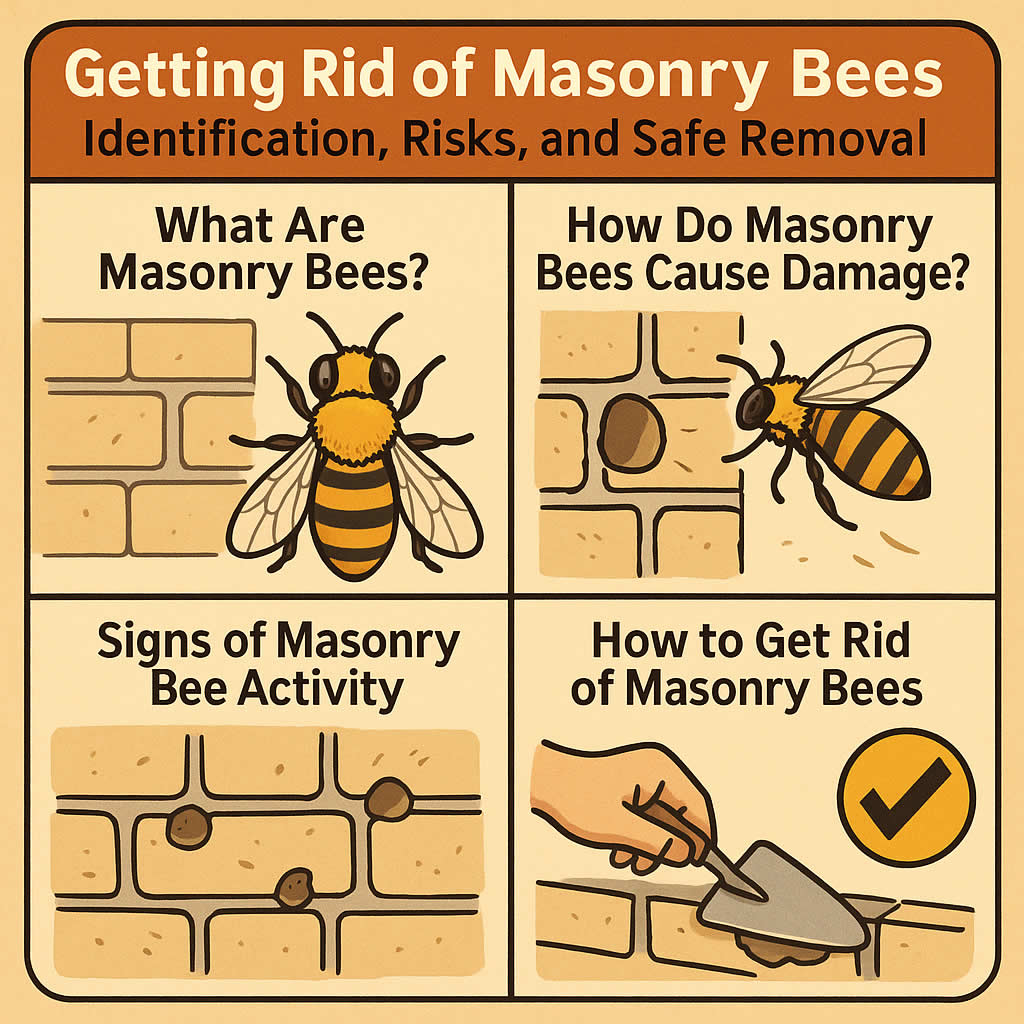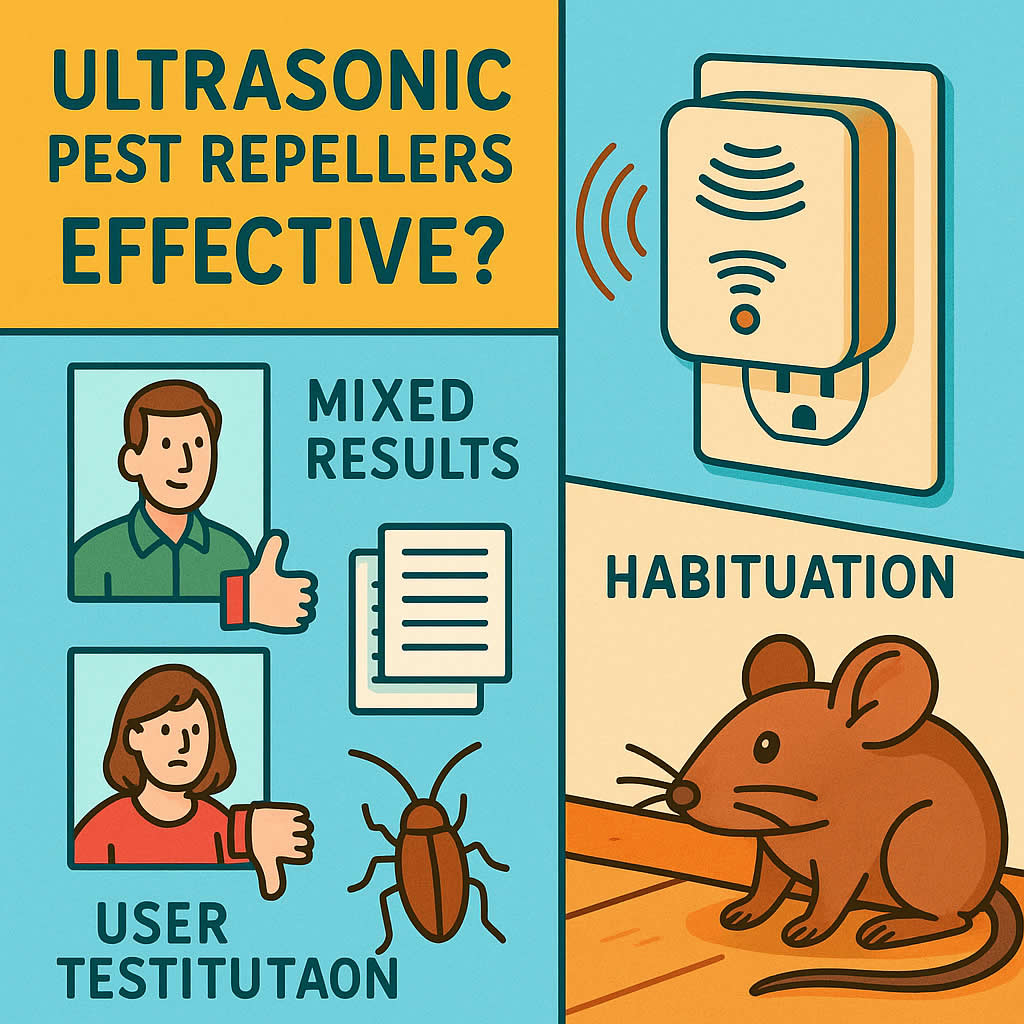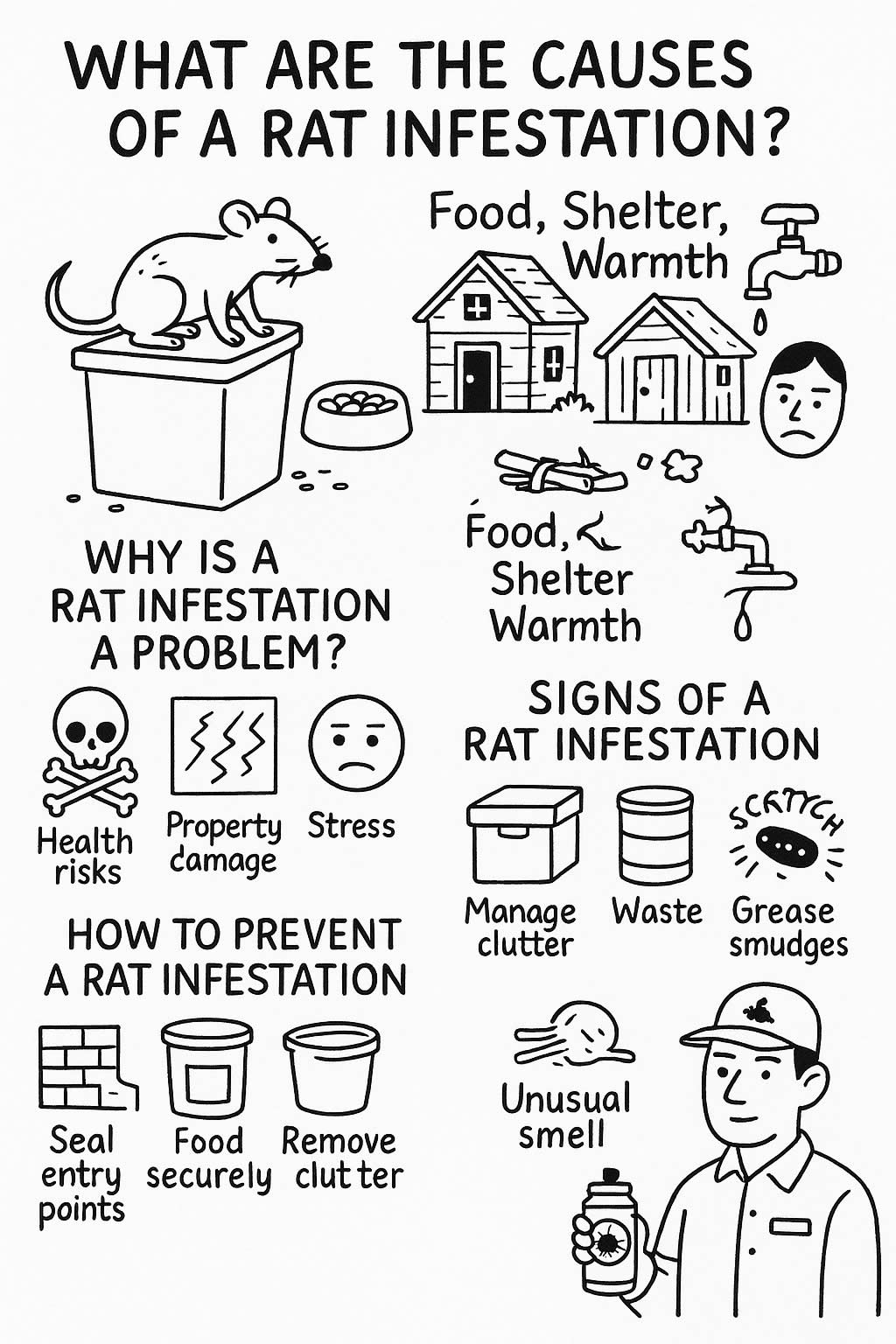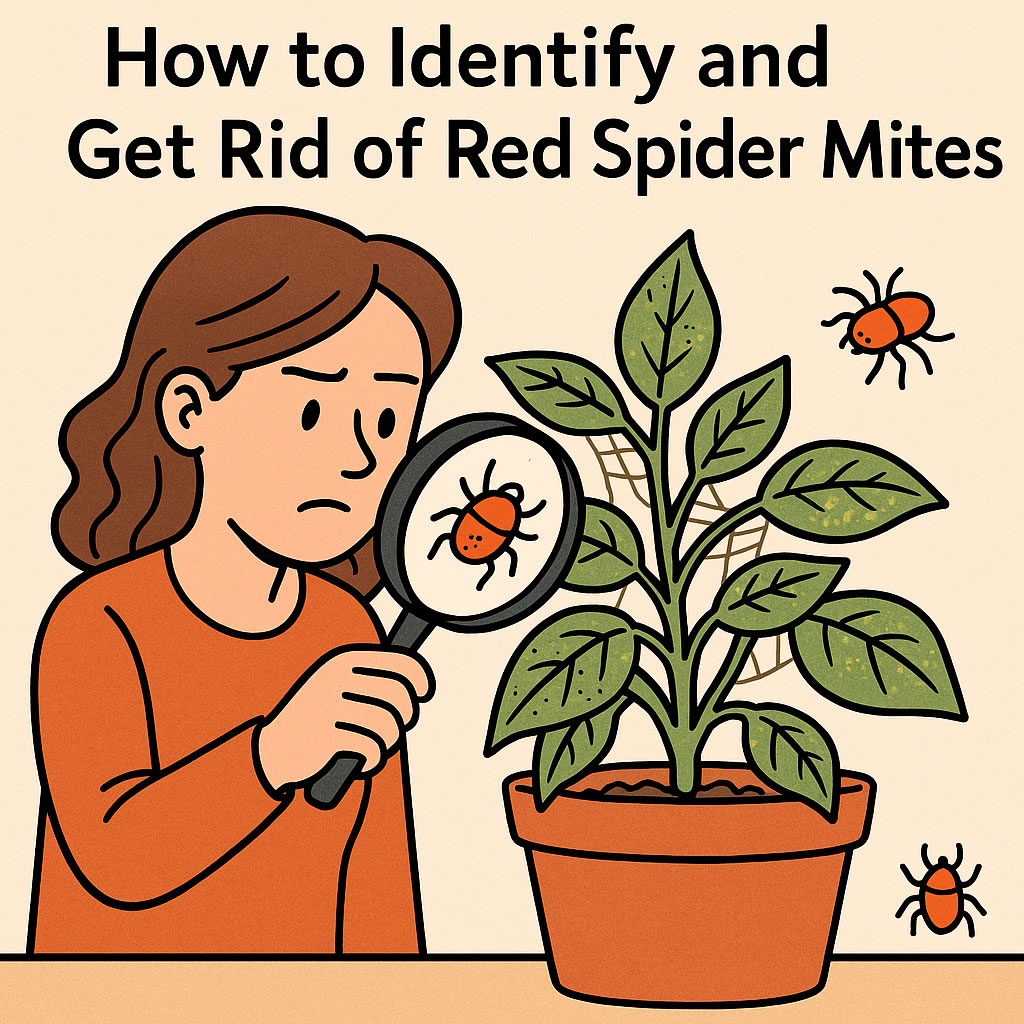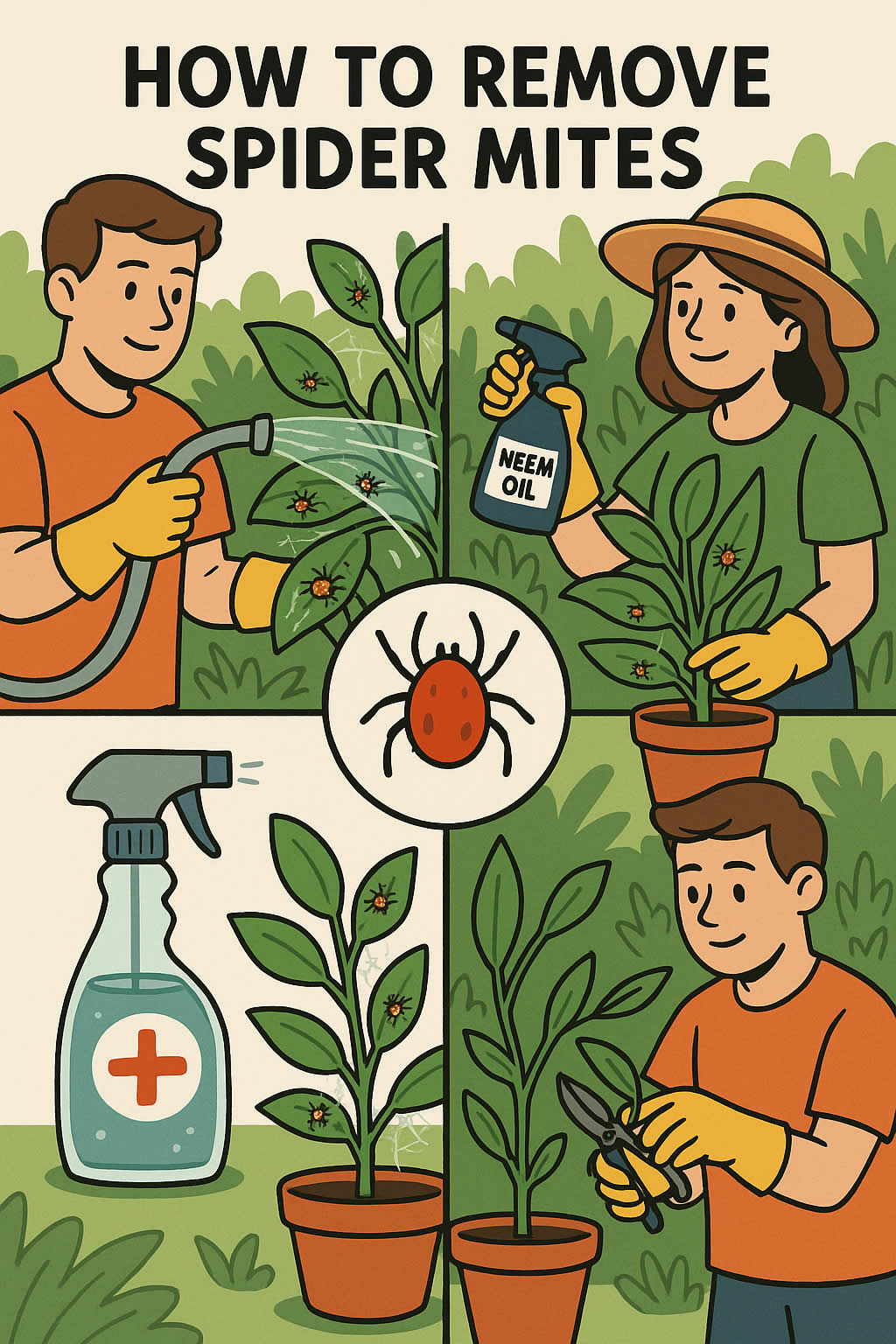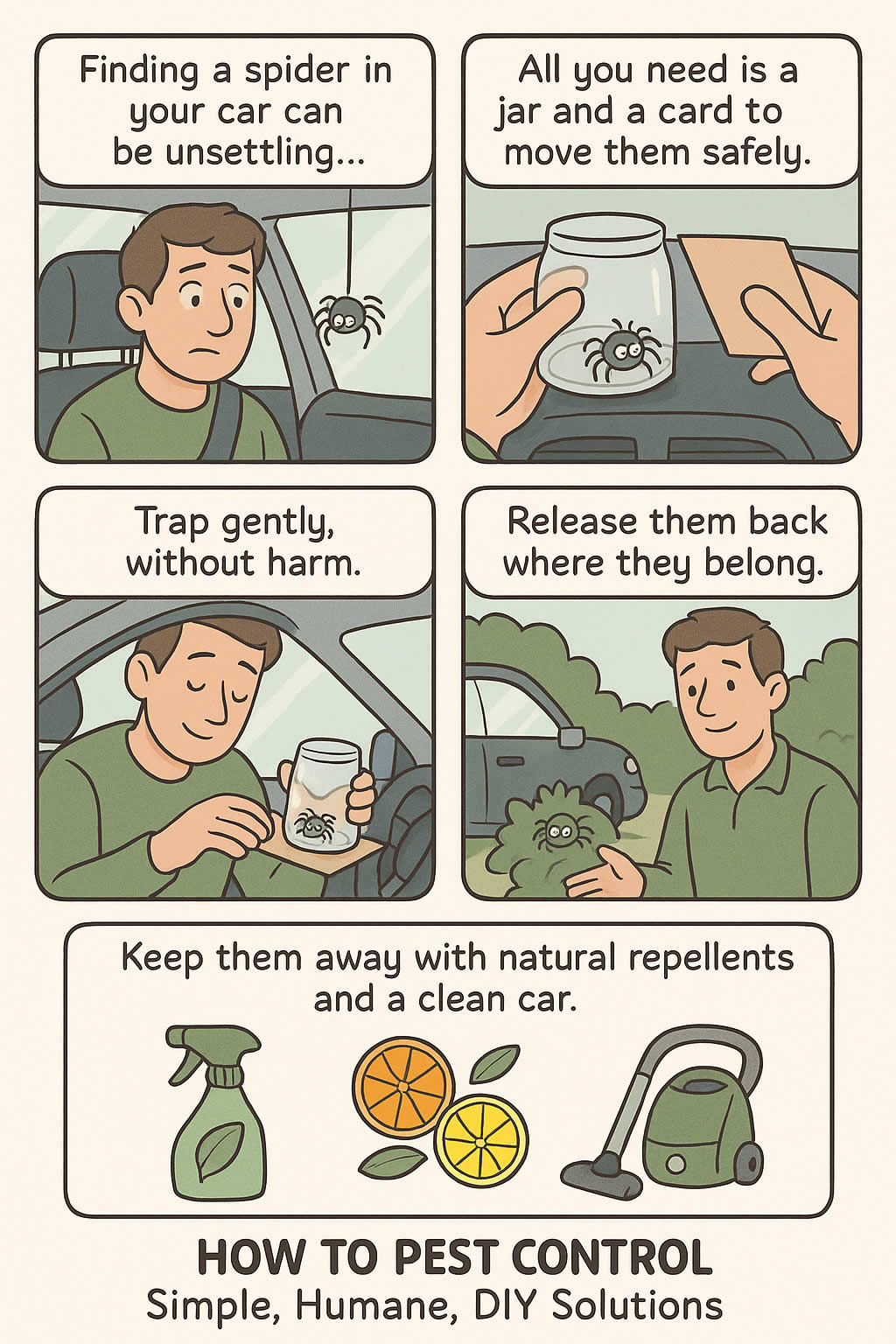Related Queries
ToggleHolidays should be a time to switch off, relax, and enjoy yourself—not come home with something you never wanted in the first place. Unfortunately, bed bugs are becoming more common in hotels, B&Bs, hostels, and even upmarket resorts across the UK and abroad. These tiny pests don’t care how clean the room looks, how many stars the hotel has, or how expensive your suitcase is—they only care about finding a host to feed on, and luggage to hide inside.
And once they’re in your home, it’s difficult, time-consuming, and often expensive to get rid of them. That’s why the best solution is prevention. In this blog, you’ll learn how to avoid bed bugs on holiday by preparing before you leave, checking your room properly, staying alert during your stay, and knowing exactly what to do once you get back home. If you want peace of mind and a bed bug–free life, this guide is for you.
Prepare Before You Go
You can avoid a lot of problems before you even step out the door. Preparing for your holiday with bed bugs in mind doesn’t mean you need to stress over every detail, but there are a few smart steps you can take now that’ll make a real difference later.
Research your accommodation
Before you book, do a bit of background research. Check recent guest reviews—not just the overall star rating, but the written feedback. Use keywords like “bed bugs”, “bites”, or “bugs” in the search bar of popular booking sites or Google Reviews. If anyone’s had a bad experience, it’ll often be mentioned.
Some travel forums also keep records or posts from travellers who’ve encountered bed bugs. Don’t rely solely on the hotel’s own website—go deeper and check for independent opinions. A few minutes here can save you hours of stress later.
Pack smart essentials
When you’re packing, think about ways to stop bed bugs getting into your stuff. Use zip-up bags for clothing or bring vacuum-sealed travel bags that make it harder for bugs to hide. You could also pack a protective mattress cover if you’re staying somewhere for more than a few nights, especially in a rental or holiday home.
If your suitcase is fabric, consider wrapping it in a plastic protective cover or placing it inside a large bin bag when you’re in your room. Hard-shell luggage is less attractive to bed bugs because it’s harder for them to cling to or hide in.
Pre‑trip habits
Even before you leave, it’s worth starting some useful habits. When you return from any trip—even a weekend away—make it normal to wash your clothes on a high heat before putting them away. Try not to store suitcases in bedrooms or wardrobes where bed bugs could easily spread. These routines, once established, help keep your home safer in the long run.
Inspect Upon Arrival
You’ve reached your accommodation and you’re ready to relax—but don’t unpack just yet. The first thing you should do is inspect your room. It takes just five minutes and could prevent weeks of headache when you get home.
Check the mattress and bed frame
Pull back the bedding and have a good look around the edges of the mattress seams, especially near the headboard and corners. Bed bugs leave behind black specks (faecal matter), tiny shed skins, or sometimes even blood spots. Look carefully along the bedframe too, especially where wood or fabric joins. If you’re not sure what bed bug eggs or signs look like, they’re often described as looking like grains of rice or black pepper.
Don’t just rely on a quick glance—shine your phone torch along the seams and folds. If you see any movement or signs, go straight to the hotel staff and ask for a new room on a different floor, ideally far from the original.
Screen furniture and soft furnishings
Next, check upholstered furniture, like armchairs, sofas, curtains, or padded headboards. Bed bugs love dark, warm spaces. If your room has drawers or wardrobes, give them a once-over before putting your clothes inside.
It’s also worth checking any artwork or mirrors hanging near the bed. Believe it or not, bed bugs will hide behind them if there’s a gap. The more thorough you are, the safer you’ll be.
Clean and isolate luggage
Place your suitcase on a luggage rack or a hard surface—never the bed or carpet. If there’s no rack, the bathroom is usually the safest temporary place, as bed bugs rarely nest in tile or cold surfaces.
Try to keep your clothes in sealed bags inside your case until you’ve checked everything. It’s also a good idea to keep your shoes away from curtains and fabric-lined corners.
Stay Vigilant During Your Stay
Just because your first inspection looks clear doesn’t mean you should let your guard down. Stay alert throughout your trip, and keep your belongings in spaces that reduce the risk of contact with bed bugs.
Keep belongings off the floor and bed
It might feel natural to throw your clothes on a chair or leave your bag by the wardrobe, but that’s exactly how bed bugs spread. Always use the luggage rack if provided and keep it well away from the bed or furniture.
You could also line the inside of your suitcase with a large bin bag and place your clothes inside sealed bags. It creates an extra barrier and makes it easier to clean when you get home.
Be cautious with second‑hand or shared items
If you’re borrowing blankets, towels, or even clothing (from a friend, hostel, or rental), make sure it’s been washed on a high temperature cycle. Bed bugs can survive low heat and even some washing, so anything reused or borrowed should be checked or avoided if possible.
Also avoid leaving your clothes in shared laundry baskets or on furniture in common areas. It’s not just about cleanliness—it’s about keeping your belongings from crossing paths with infested items.
Watch for early signs of bites or reactions
If you wake up with clusters of small red bites, especially on exposed skin like your arms or ankles, don’t ignore it. Bed bug bites are usually itchy, red, and appear in lines or groups. Check the bed again and notify staff immediately.
You might not see a bug, but bites alone are enough to suspect an issue. It’s always better to move rooms than risk bringing an infestation home.
Treat and Prevent After Returning Home
Even if you’ve been careful, there’s always a slight chance something came back with you. Taking the right steps once you’re home can stop that from turning into a full-blown infestation.
Launder everything at high heat immediately
Unpack straight into the washing machine—don’t sort clothes in the bedroom. Wash everything you packed, even the items you didn’t wear, at 60°C or above, and use a hot drying cycle if possible.
Bed bugs and their eggs can’t survive prolonged heat, which makes this one of the most effective post-trip habits you can develop. For delicate items, seal them in plastic bags until you can safely treat them or have them dry-cleaned.
Deep clean and vacuum your luggage and car
Before storing your suitcase, give it a thorough clean. Vacuum the seams, wheels, zips, and corners. Use a handheld steamer if you have one, and then wipe it down with rubbing alcohol or a specialist disinfectant.
Don’t forget to clean your car boot, especially if your luggage was stored there on the return journey. Bed bugs can cling to fabrics, so don’t overlook floor mats or blankets.
Monitor and isolate suspect items
If you’re unsure about a particular item—like a pair of shoes or a travel pillow—store it in a sealed plastic container or bin bag away from your bedroom. Check it again after a couple of weeks to make sure no bugs emerge.
You can also buy bed bug monitors or traps that help you detect early activity. They’re especially useful if you travel often or have recently returned from a high-risk area.
Our Final Say!
No one wants to think about bed bugs when planning a holiday, but being proactive doesn’t have to ruin your trip. It just means you’re giving yourself peace of mind and protecting your home from a costly and frustrating issue. Bed bugs are experts at hiding and hitching rides, but if you prepare properly, inspect thoroughly, stay vigilant, and take the right steps once you’re home, you can reduce your chances of bringing them back with you to almost zero.
It’s about creating habits. The more you make this routine, the less likely you are to have a problem. And if you do ever suspect you’ve brought bed bugs home, the key is to act fast. Isolate the issue, clean everything you can, and don’t be afraid to get help from a professional.
A little caution now means more comfort later—and that’s what a holiday should be all about. Safe travels.
Pest Control Upper Sundon – Pest Control Arlesey – Pest Control Kempston North
